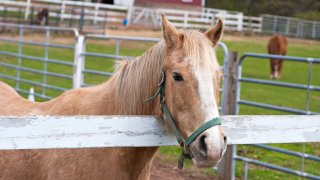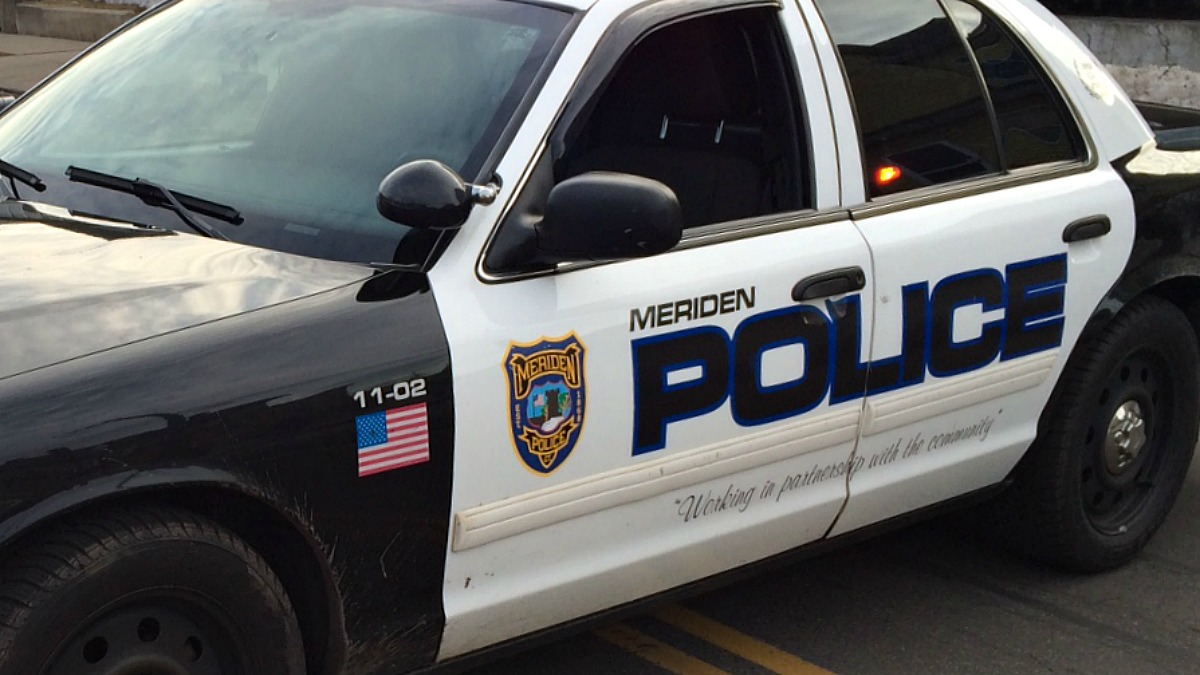
Horse owners in Connecticut are urged to vaccinate their horses against eastern equine encephalitis and West Nile virus.
The state Department of Agriculture said the mosquito-borne diseases affect horses, birds, and humans and horses are the domestic animals most susceptible to infection from the two viruses.
Two human cases of West Nile virus infection have been reported in the state this year and the department said it has recently been detected in birds.
The Connecticut Agricultural Experiment Station has identified mosquitoes infected with West Nile virus in 33 cities and towns this season and mosquitoes infected with EEE in six.
Get Connecticut local news, weather forecasts and entertainment stories to your inbox. Sign up for NBC Connecticut newsletters.
Cities and towns where West Nile virus has been detected
Mosquitoes infected with West Nile virus have been found in
- Bethel
- Branford
- Bridgeport
- Colchester
- Danbury
- Darien
- East Haddam
- East Haven
- Fairfield
- Glastonbury
- Greenwich
- Hartford
- Hebron
- Killingworth
- Manchester
- Mansfield
- Middlefield
- Milford
- New Canaan
- New Haven
- North Stonington
- Norwalk
- South Windsor
- Stamford
- Tolland
- Wallingford
- Waterbury
- Waterford
- West Haven
- Westport
- Wethersfield
- Willington
- Wilton
Cities and towns where eastern equine encephalitis has been detected
EEE-infected mosquitoes have been detected in:
- Hampton
- Killingly
- Thompson
- Tolland
- Voluntown
- Woodstock
Recommendations for horse owners
Equine owners are encouraged to implement the following, in coordination with their veterinarian:
- Administer the initial two-dose vaccine series, four to six weeks apart
- Administer regular boosters at least annually
- Consult with your veterinarian if boosters are needed every six months
- Give vaccinations at least one month prior to mosquito season to develop protective immunity
- Remove sources of standing water to eliminate mosquito breeding grounds
- Clean and refill water troughs regularly
- Apply fly sprays containing pyrethrin regularly
Symptoms
Local
If your horse is showing neurologic signs, such as hyperexcitability, tremors, convulsions, paralysis, head tilt, head pressing, incoordination, drowsiness, recumbency or colic, or if your horse has died, call a veterinarian, the Department of Agriculture urges.
Neurologic diseases of domestic animals, such as EEE, WNV, and Rabies, are reportable to the state veterinarian at 860-713-2505.



